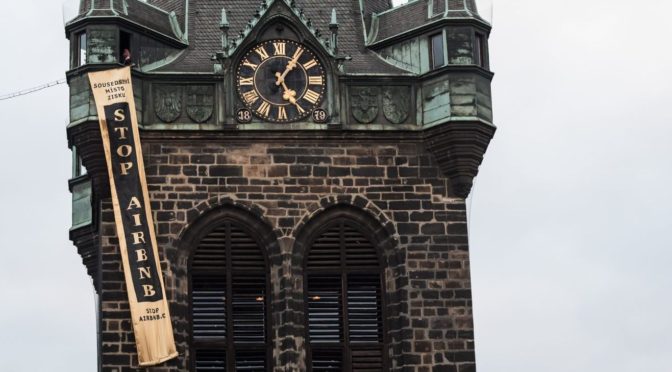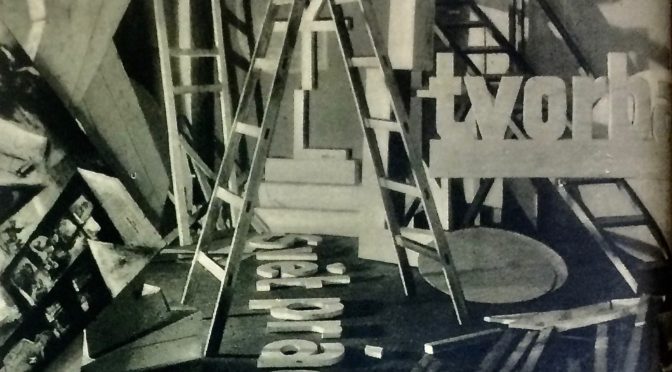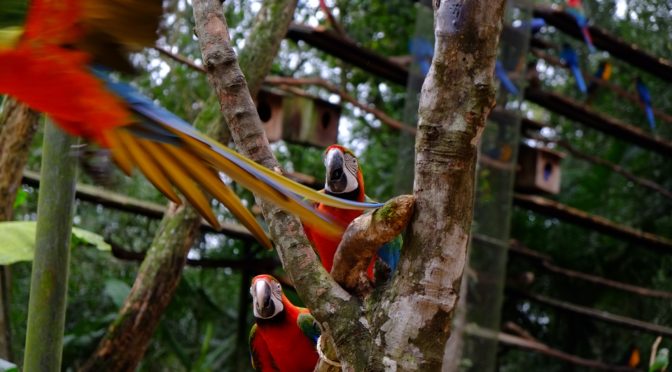International Workshop
Urban Movements and Local Politics in CEE countries: Recent Developments and Conceptual Ambivalences
DATE: 4-6.11.2021 (Thursday evening: keynote and reception; Friday: presentations, Saturday morning: critical urban tour in the Karlín district: from a working-class neighborhood to a symbol of gentrification)
Deadline for submission: 30.5.2021
Organized by the CEFRES (French Research Center in Humanities and Social Sciences) in Prague in cooperation with Institute of Sociological Sciences (Faculty of Social Sciences, Charles University in Prague), Fundacja Zatoka (PL) and Periféria (HU)
The workshop explores the role of political institutions and social movements in the process of urban change in the CEE countries. The case of Prague demonstrates that post-communist cities have particular historicity in terms of urban development after 1989. On the one hand, there is an overnight introduction of the free market ideology, on the other, there are unprepared institutions that are not capable to include citizens in the debates about urban space – the state and municipal power is either technocratic and elitist or exclusionary towards civic organizations (Horák 2007; Sýkora a Bouzarovski 2012). Mutual delegitimization of the state officials and activists, lack of trust in the municipal politics, misusing municipal politics as a channel for promoting developers’ interests are phenomena influencing the urban development in the 1990s.
Specific historical, institutional, and political development in the CEE countries gave rise to a critique of the blind application of the conceptual apparatus from the Western social sciences without further critical reassessment. “Catching-up-with-the-West” narratives are being revaluated from the perspectives of more complex approaches including West and East as components of the same global system (Gagyi 2015). Distinct local political culture also represents a matter of interest (Císař 2008). In terms of urban development, factors like democratic deficit on the municipal level leading to absent mechanisms of public engagement, or the image of urban planning as hostile to the free-market ideology are few factors specific for the post-communist countries (Jacobsson 2015; Pixová 2018, 2020; Sýkora a Bouzarovski 2012; Temelová 2009). How do we apply and re-think the concepts for studying social movements, including radical social movements, in this context?
Finally, urbanity is not only about governance and resistance but about a physical urban map. A variety of open spaces, squats, social and youth centers constitute an infrastructure for the social movements. Considering the notion of socio-spatial dialectics coined by Edward Soja (the space and social relations are mutually influential) (Soja 1989), one could follow the relations between governance of urban space, accessibility of urban space to the local initiatives and activist projects, and the development of the social movements.
Scholars working on urban development/policies, radical and moderate urban movements, urban civic initiatives and self-organized groups, tenants’ movements, autonomous and decommodified spaces are invited to participate in this call. Critical social and historical reflections of urban development in the CEE countries, as well as personally involved researchers and activists-researchers, are welcomed. The goal of the workshop is to share the knowledge and practices along three axes (but not exclusively):
- historicity of the institutional mechanisms in CEE countries and governance of urban space in the big cities: persisting tendencies and new actors?
Local urban development in the 1990s and 2000s was marked by several uneven phenomena. To name a few: low public participation, mutual delegitimization of the activists, state officials and local politicians, big political parties rather than grassroots initiatives present in municipal politics – the case of Prague (Horák 2007). These tendencies fueled the change on the municipal level, for example, activists entering politics aiming to open political opportunity structures to grassroots actors (Pixová 2020), new locally based progressive political movements, and parties emerging in the big cities. How do other institutional, political, and social phenomena that could be traced from the 1990s influence politics in the cities today? What role do big cities play in progressive politics in CEE countries? Can we observe tendencies that could be regarded as “new municipalist” (see Purcell 2006; Russell 2019)? And what is the role of periphery in the process of urban change?
- applications of the concepts used for the study of urban activism in the Western counties and its critical reassessment in the CEE/EE countries.
Are the “usual conceptual suspects” of the social movement studies (political opportunity structure, recourse mobilization, etc.) suitable for the CEE context? What can we say about such concepts as prefiguration and direct action applied in the research of the radical movements? While both sets of concepts are applied in the context of CEE, the critical reassessment of their compatibility with the local context is still missing.
- socio-spatial dialectics – no space – no movement?
While in Poland, squatters’ and tenants’ movement is rather strong, in other CEE countries, the situation is different. The Czech Republic is a country of one political social center, but with a plurality of self-organized urban initiatives. How is this development connected to the physical space (infrastructure) that the movement is able to acquire and sustain? How do different types of urban spaces influence the strength of the movement and what type of spaces can we observe in CEE countries? What are they struggling with? While capitalist urban development pushes the local inhabitants to the periphery by financialization set in stone graved, what spatial strategies of resistance remain?
The workshop language is English. Send you paper proposals (abstract of up to 300 words) for 20-minute talks and a short biography (150 words) to Yuliya Moskvina (yuliya.moskvina@fsv.cuni.cz). Help with travel and accommodation costs may be offered to participants who are not able to secure funding from their institutions. The workshop will take place in Prague on 4-6.11.2021 at the CEFRES (French Research Center in Humanities and Social Sciences).
Scientific committee:
Jérôme Heurtaux (French Research Center in Humanities and Social Sciences, Prague)
Yuliya Moskvina (Faculty of Social Sciences, Charles University in Prague)
Lukáš Kotyk (Faculty of Social Sciences, Charles University in Prague)
Zsuzsanna Pósfai (Periféria Policy and Research Center, Budapest)
Grzegorz Piotrowski (Institute of Sociology, University of Gdańsk)
Yoann Morvan (CNRS, Paris)






